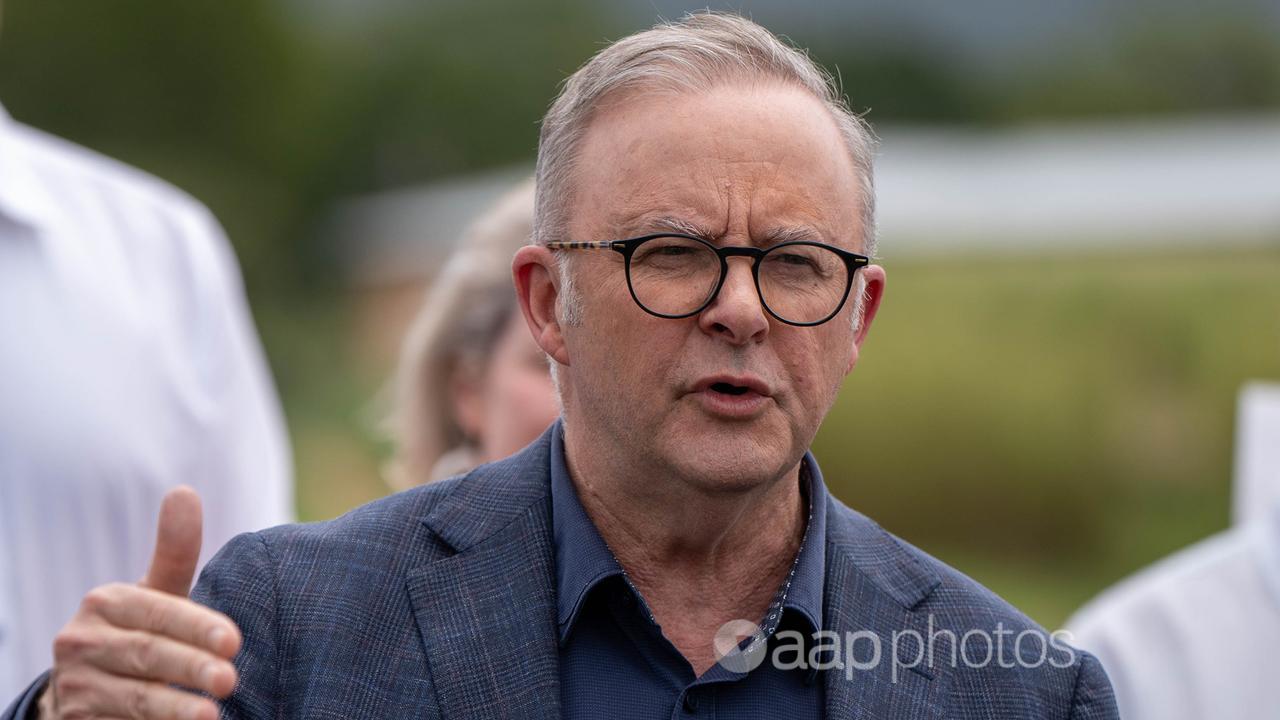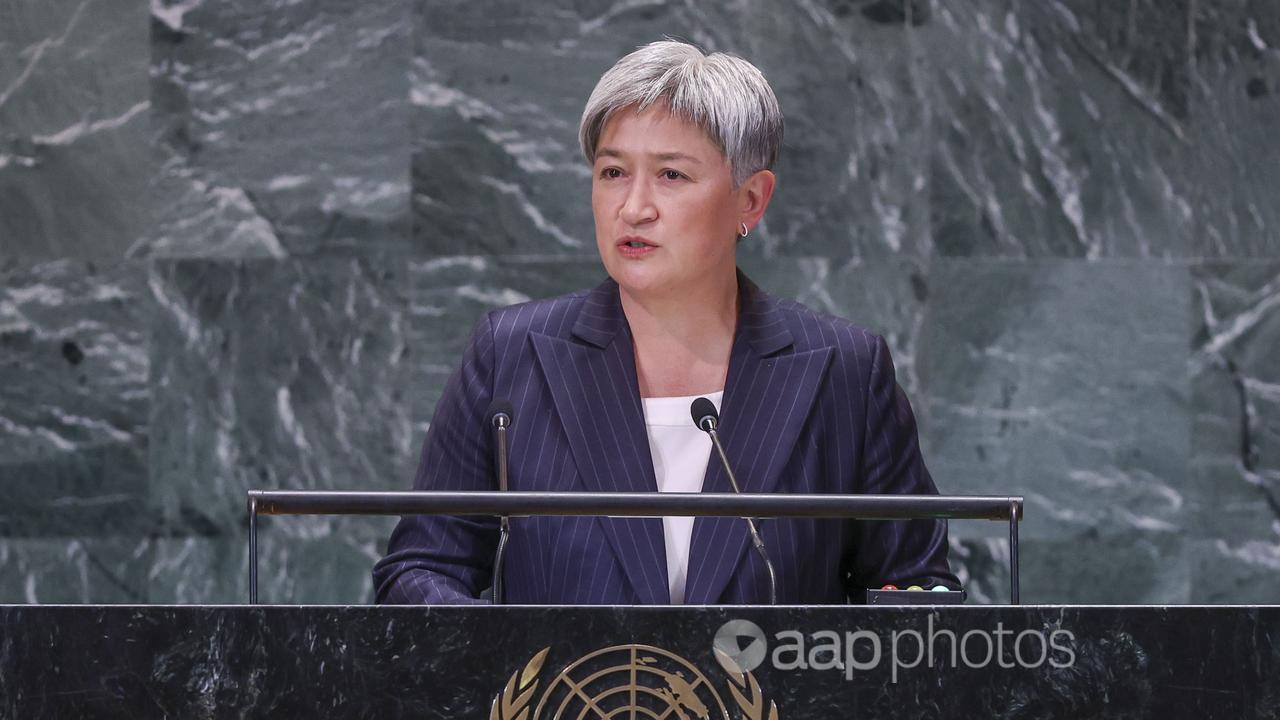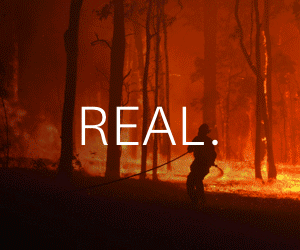The international community is loudly calling for a ceasefire in the Middle East, with Anthony Albanese saying the Israeli prime minister needs to listen.
Israel has expanded its attacks beyond Gaza’s borders and into Lebanon after its prime minister Benjamin Netanyahu vowed to keep hitting designated terrorist group Hezbollah with “full force”.
More than 600 people have been killed in Israel’s strikes on Lebanon, while the nation’s continued offensive in Gaza has killed almost 42,000 people since October 7.
Australia, the US, Canada and a many other countries have urged for an immediate 21-day ceasefire across the Lebanon-Israel border to provide space for diplomatic discussions.
But Tel Aviv has defied the call, bombing the outskirts of the Lebanese capital on Thursday.
Mr Albanese on Friday said he wanted to stop more innocent lives being lost.
“We want to see an end to this conflict, we have called consistently for that,” the prime minister told reporters in Melbourne.

“I say to Prime Minister Netanyahu he needs to listen to the international community, just like other players in that region need to listen.
“We are very concerned, and the world is concerned about the escalation that is continuing here, and the consequences for it.”
Australia has taken its push to the United Nations, where Foreign Minister Penny Wong spoke on the need for a two-state solution that allows Palestine and Israel to exist side by side.
“We need a ceasefire in Gaza and a ceasefire in Lebanon,” she said on Thursday, New York time.
“The current course being taken will not bring enduring security and prosperity for either Israelis or Palestinians.
“Australia no longer sees recognition of a Palestinian state as only occurring at the end of negotiations but rather as a way of building momentum towards a two-state solution, but individual country actions alone are not moving the dial”.

To try to break “the cycle of violence”, Australia is hoping to engage with the UN Security Council to set a pathway for the two-state solution and a timeline for the international declaration of Palestinian statehood.
Australia is also vying for a non-permanent seat on the council for 2029/30.
On October 7, Hamas – designated a terrorist group by the Australian government – attacked Israel, killing 1200 people and taking more than 200 hostages, according to Israeli authorities.
In the months since, Israel has unleashed a bombing campaign and ground offensive in Gaza that has killed tens of thousands of Palestinians, according to the local health ministry.
Almost 90 per cent of Gazans, about 1.9 million people, have been displaced while 495,000 are facing catastrophic levels of food insecurity.
Hostilities between Israel and Hezbollah have ramped up with the two parties trading cross-border strikes.
Hezbollah has fired hundreds missiles at Israel, including its commercial hub Tel Aviv, although its aerial defence system has limited the damage.
Australians have been urged to leave Lebanon, though Deputy Prime Minister Richard Marles has said the federal government has not requested help from the US or UK governments to evacuate its citizens.




















